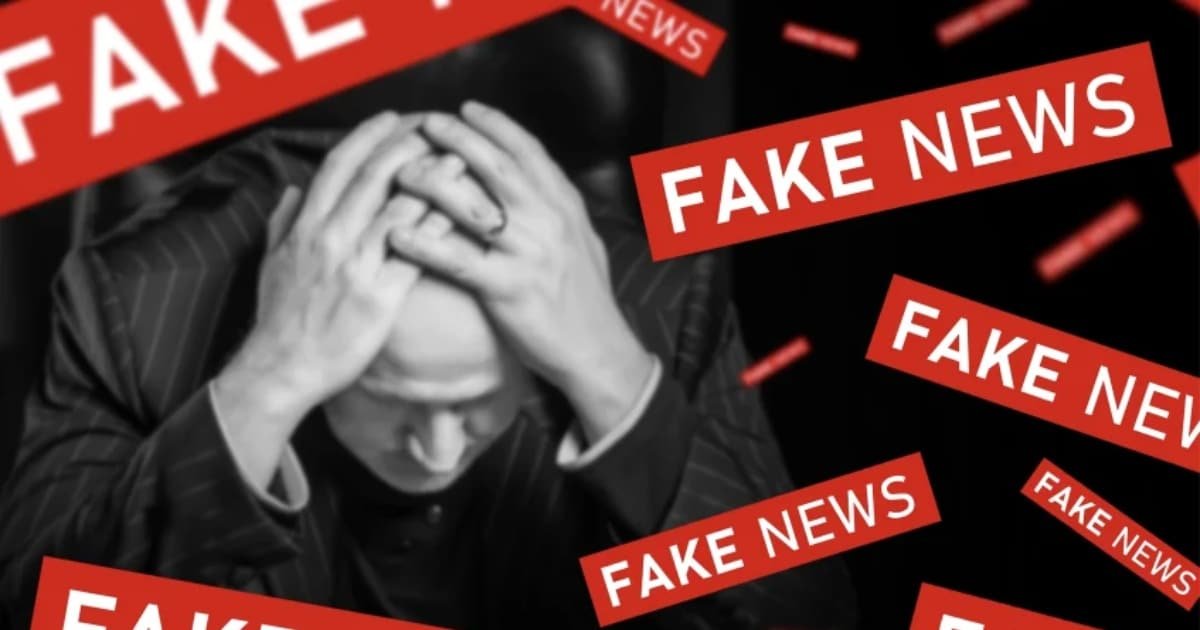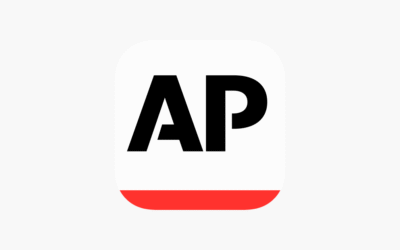In Pakistan today, fake news about the economy is common online. False posts claim the Pakistani rupee has collapsed. Others falsely say the government is stopping CPEC projects. Still more share fake reports about rising inflation or secret cuts in pension plans. These messages circulate quickly on WhatsApp, Facebook, and X. They are built to create panic and push people toward distrust.
Panic Creation: Why It Hurts Us?
Fake economic posts cause harm. If people believe the rupee will crash, they start taking money out of banks. They buy dollars at higher rates. This hurts the real economy. Soon, local markets get unstable. Shops close. People delay big purchases. Fear spreads fast, even when the news is not trustworthy.
Disinformation Hits Investment and Business
Foreign investors watch economic signals. If they see false reports of problems, they may pull their money out. Start-ups and small business ideas shrink. Projects linked to CPEC and industrial zones get postponed. That means fewer jobs, less growth, and fewer opportunities for Pakistanis who depend on these investments.
You May Like To Read: The Rise of Deepfakes and Synthetic Media (IW4)
Real-Life Examples in Pakistan
Rupee Collapse Rumour
In early 2025, WhatsApp forwards and meme groups claimed the rupee was going to fall to 500 PKR per US dollar. Many messages said this was a secret in “high offices.” Pakistani banks and the State Bank denied these claims. Yet thousands panicked. Traders exchanged currency at high rates, even though the real value was near 285 (Dawn).
Fake CPEC Halt Clips
A video surfaced claiming the government halted CPEC work due to foreign pressure. The video was actually from a protest in Gwadar unrelated to CPEC. It was shared as recent and untrue. After fact-checkers exposed it, traffic dropped 30 per cent in Gwadar markets. Traders blamed uncertainty and slow plans.

Source: VOA
Inflation Rumours on Telegram
Channels on Telegram spread fake lists showing the price of wheat and sugar jumping five times overnight. These lists were fake. But local markets reacted. Storekeepers raised prices by 20 per cent in some towns. Authorities later released real data, showing modest rises only, but damage was already done.
Social Media Campaigns Target Pakistan’s Economy
Some hostile accounts run campaigns to target Pakistan’s growth. They post fake financial charts showing rising debt or runaway inflation. They claim power plants are useless or probably idle. These posts take old data, remix it, add fear, and brand it as current. Once these go viral, traders, young business owners, and citizens lose confidence fast.
How does Disinformation affect investors?
When projects linked to CPEC or special economic zones are portrayed as cancelled, foreign partners delay their plans. They watch media and investor alerts. Once they see repeated false posts, they hesitate. That costs Pakistan: fewer direct investments, slower industrial growth, and fewer skilled jobs for youth.
Regulating Financial Communication
Pakistan is stepping up to fight fake economic news:
- State Bank warnings
The State Bank of Pakistan regularly issues alerts on its Twitter, saying markets are stable and rumours are false.

Source: SBP X
- Fact-check groups
Fact-check platforms like Sadaf and PolitiFact Pakistan publish quick answers about economic rumours. - CPEC social media desk
The government now runs a team dedicated to posting verified updates on CPEC via Twitter and YouTube. - Blocking fake channels
The Ministry of Information regularly asks telecom companies to block Telegram or WhatsApp channels spreading lies (Ministry of IT).
Government Role in Transparency
A transparent economy builds confidence:
- The Economic Affairs Division publishes monthly bulletins on debt, growth, foreign reserves, and exchange rates.
- Provincial governments share CPEC progress openly via websites and town-hall videos.
- The State Bank publishes net restructuring projects and industrial investment data.
- A hotline is available for investors who see rumours online and want clarification.
These steps help counter false posts and reassure citizens and investors.
You May Like To Read: Weaponizing Data and Algorithms: Behind the Curtain of Manipulation (IW5)
Building Awareness in the Public
Every citizen should check before believing.
- Visit sbp.gov.pk to verify news about the rupee or interest rate changes.
- Visit cpec.gov.pk to confirm project status updates.
- Avoid viral forwards unless they have clear sources. Share only confirmed news.
- Share warnings about fake posts with friends and family.
Media literacy campaigns in schools and universities now teach young people to stop and think before sharing economic news. This stops panic before it begins.
Economic disinformation is a real threat. It spreads fear quickly and hurts our growth. But Pakistan has the tools to stop it. Honest headlines, verified facts, transparent data, and public awareness all build strength.
When we act fast, correct a fake rumour, confirm the rate of exchange, or post an official update, truth wins.
When people trust the economy again, jobs return, investors come back, and markets stay steady.
Pakistan’s defence is its facts. In a world of fake posts and viral lies, real data and clear messages build lasting confidence.
Pakistan’s economy can grow—not through disinformation, but by staying strong, open, and united.






